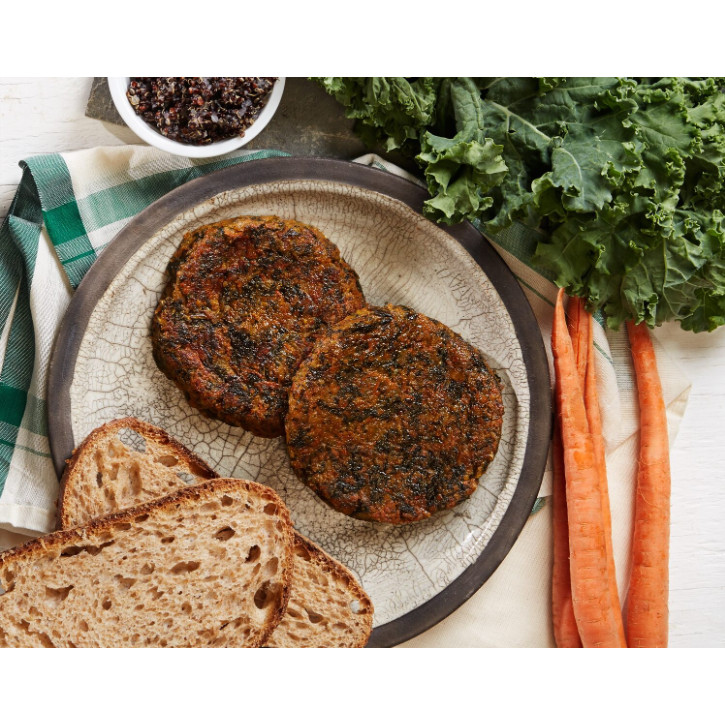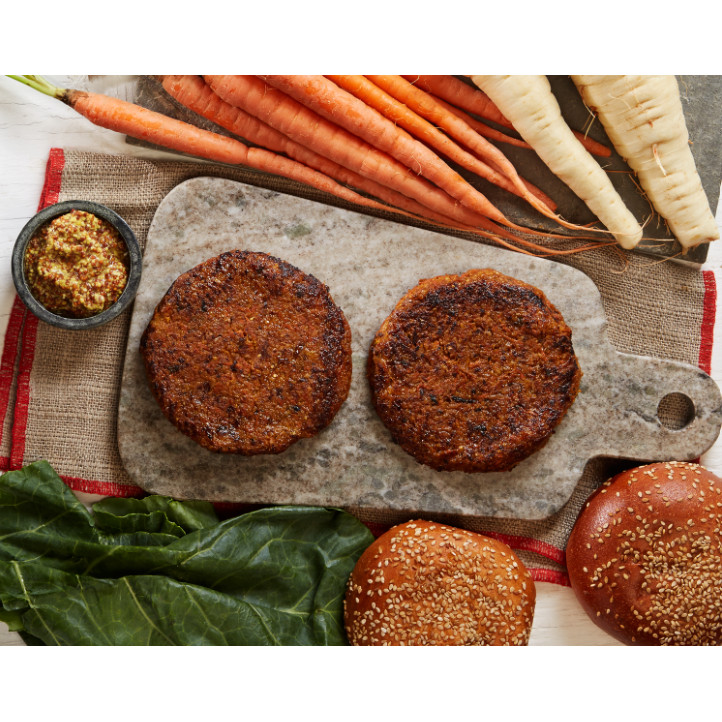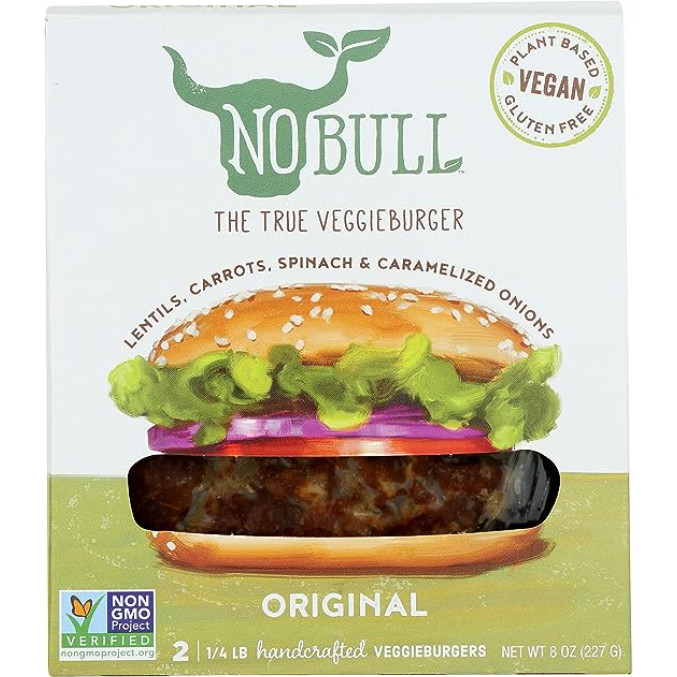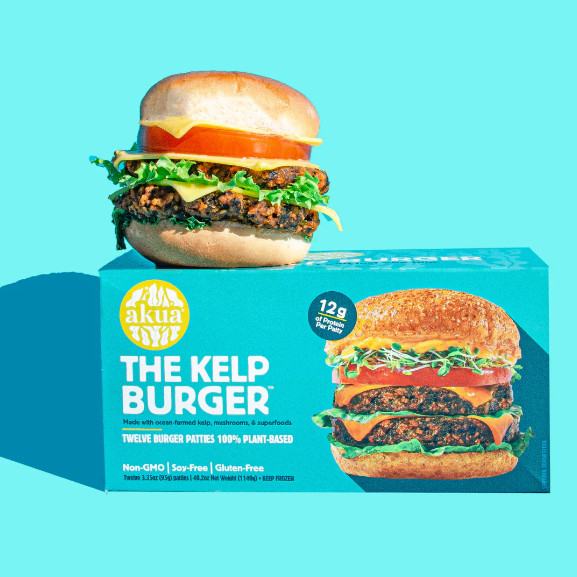The Green Machine: Unraveling the Science of the Plant-Based Diet Surge

There's an entrancing term that's been making waves in the health and wellness sphere. It's strutting across restaurant menus, waltzing down grocery aisles, and sneaking into your grandma's cookbook: Plant-based Diet. Today, we're peeling back the layers to uncover the robust science that's fueling this dietary phenomenon.
The Verdant Voyage: What's a Plant-Based Diet?
Before we dive headfirst into the scientific pool, let's clear up what we're talking about when we say a plant-based diet. This dietary approach champions fruits, veggies, grains, legumes, nuts, and seeds while cutting down on animal products. It's not a strict synonym for veganism - plant-based diets can be more malleable, allowing small portions of lean meat, fish, or dairy on occasion.
Food Tech Triumphs, but be aware!
The upswing in plant-based diets has been greatly boosted by revolutionary food technology. Companies like Impossible Foods and Beyond Meat have flipped the script by developing plant-based meat alternatives that closely mimic the taste, appearance, and even the 'bleed' of real meat. This is achieved by leveraging heme, a molecule abundant in iron that imparts meat its unique flavor, derived from plants. This innovation has made the shift to a plant-based diet more tantalizing for the wider public.
Although it may seem appealing, exercise caution when considering meat imitation foods, as they can be detrimental to your clean eating goals. These foods are often heavily processed and contain harmful, artificial substances such as methylcellulose, gums, natural flavors, canola, and sunflower oil. If you desire a meaty meal, opt for high-quality, organic, grass-fed beef or pasture-raised chicken instead, while being mindful of portion sizes and limiting frequent consumption.
The cleanest plant-based burger options:
FreshDirect Kale veggie burger
FreshDirect Carrot and Parsnip veggie burger
Plant-Powered Plan: What Does It Mean for You?
Embarking on a plant-based diet can appear intimidating, but it's all about manageable, enduring modifications. Initiate with a few meat-free Mondays, swap your regular dairy milk for (Thrive Market - organic oat beverage, Mooala - organic unsweetened coconut oat milk, Elmhurst - milked oats), or increase the veggies on your plate with brands like Pura Vida frozen veggie mixes.
Remember, it's not about saying a sudden goodbye to your beloved steak or dairy products. It's about placing plants at the forefront more often and being conscious of your food's origin and its impact on your health and the environment. Planning is key to ensuring a balanced diet, paying attention to protein, vitamin B12, iron, and omega-3 fatty acids, nutrients often abundant in animal products.
The Finishing Touches
The plant-based diet trend is not merely a passing fad; it's a global shift propelled by environmental sustainability, health benefits, and groundbreaking food technology. With its capacity to combat climate change and chronic diseases, this dietary revolution presents a persuasive argument for reassessing our food choices. Join the verdant revolution and embrace the bountiful benefits that a plant-based diet brings. After all, "you are what you eat" is a phrase that's gaining a whole new meaning.
Stay informed, stay nourished, and let's green up our plates!






